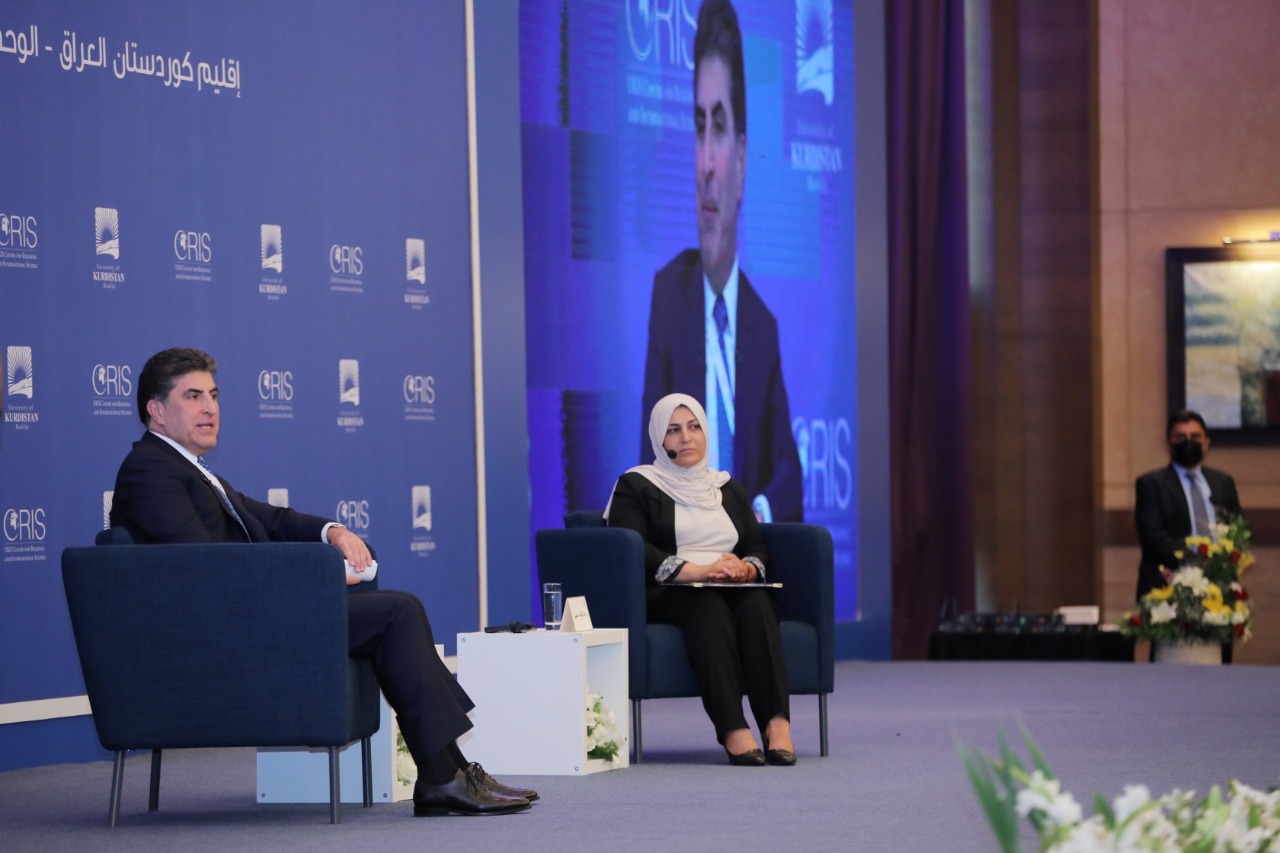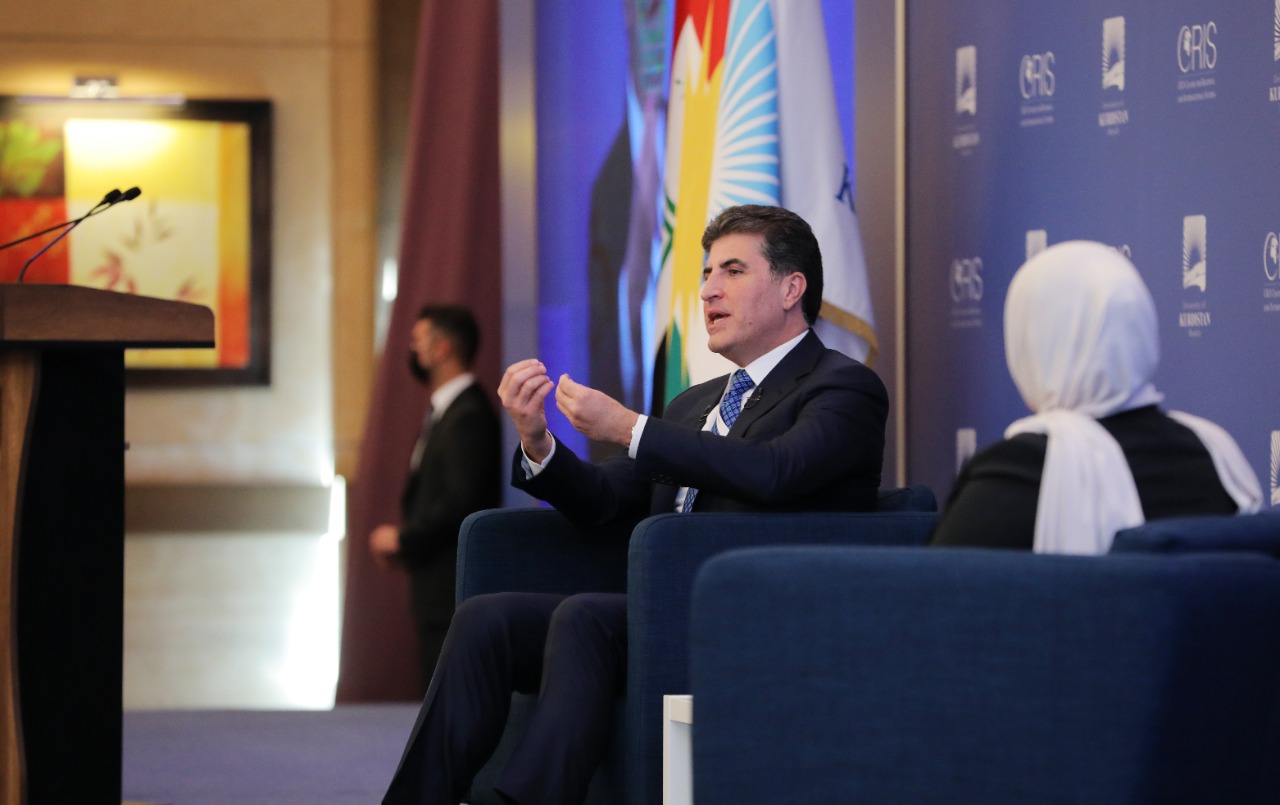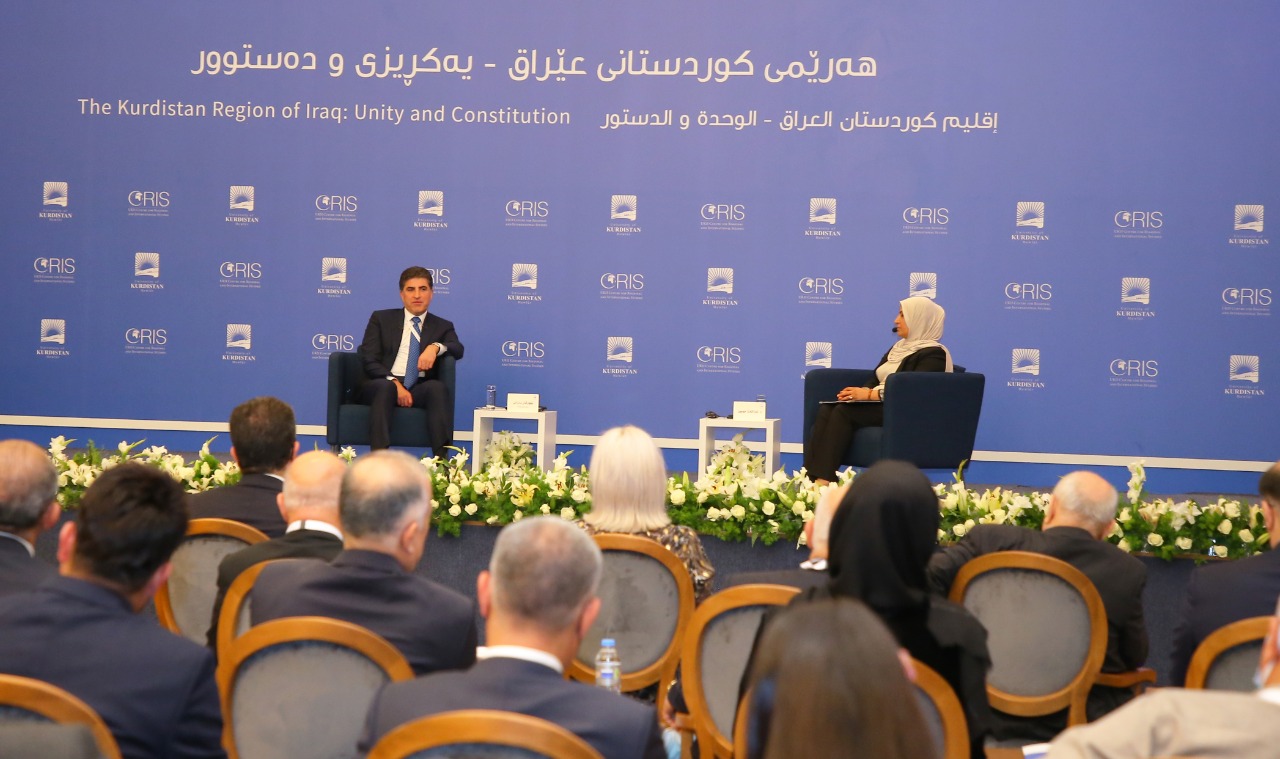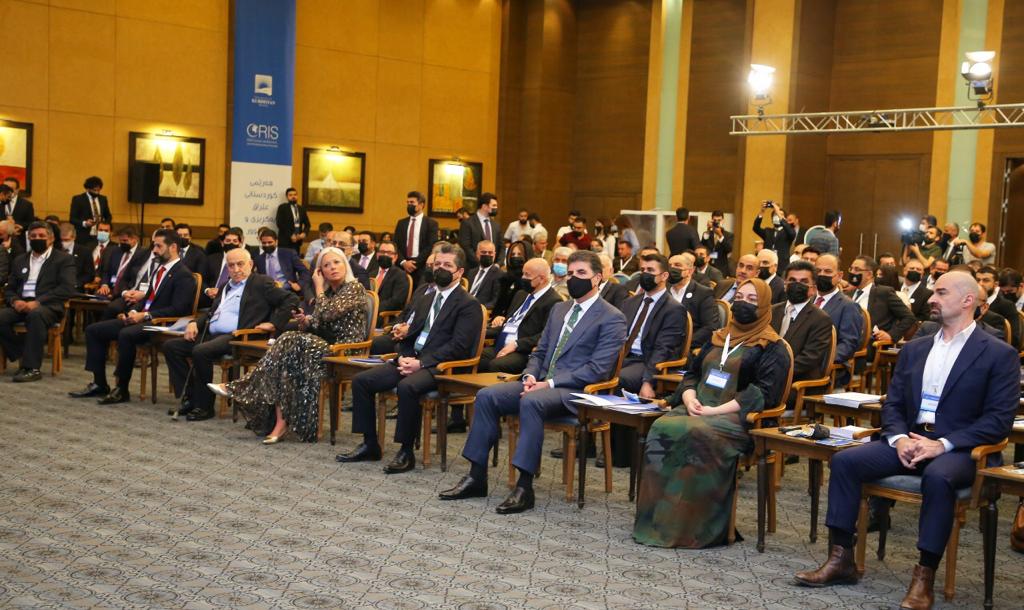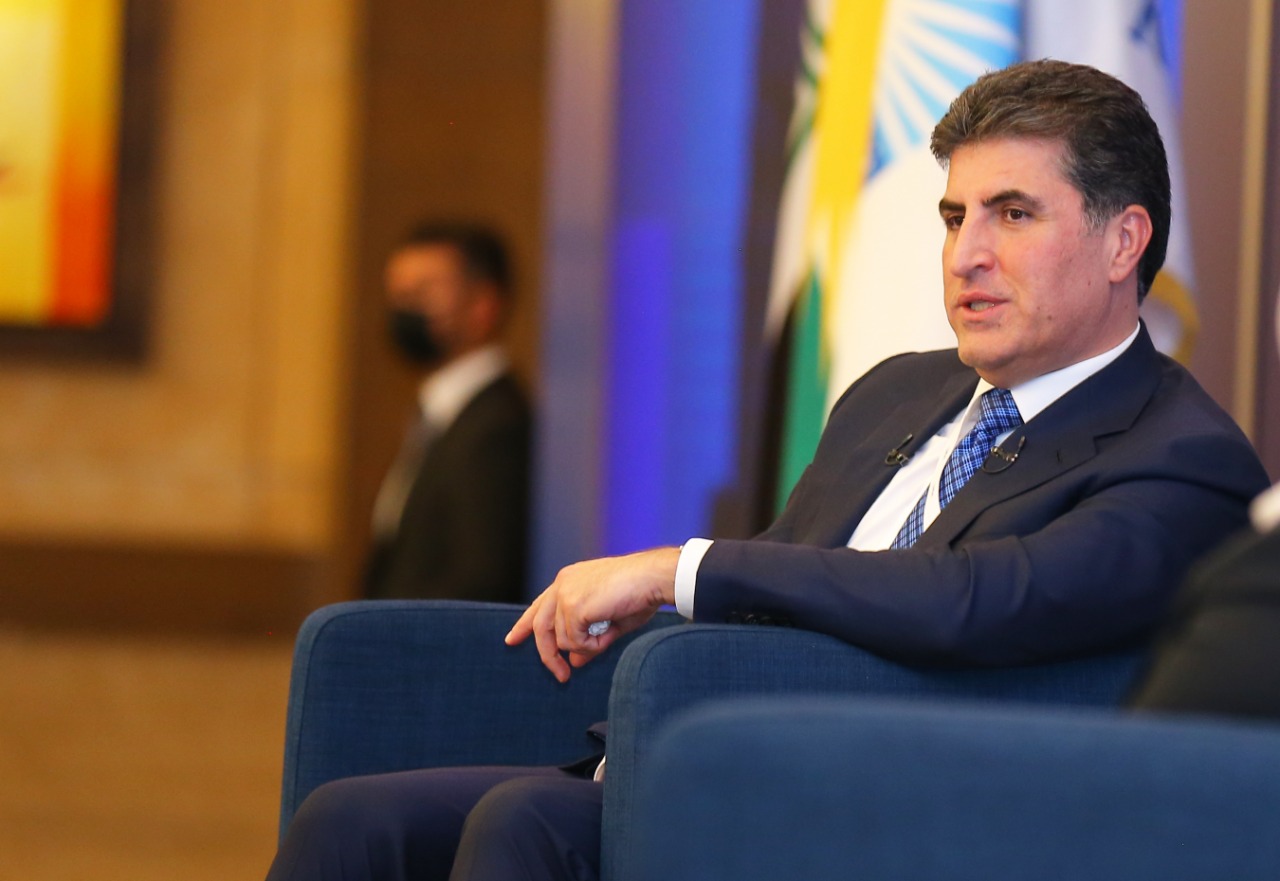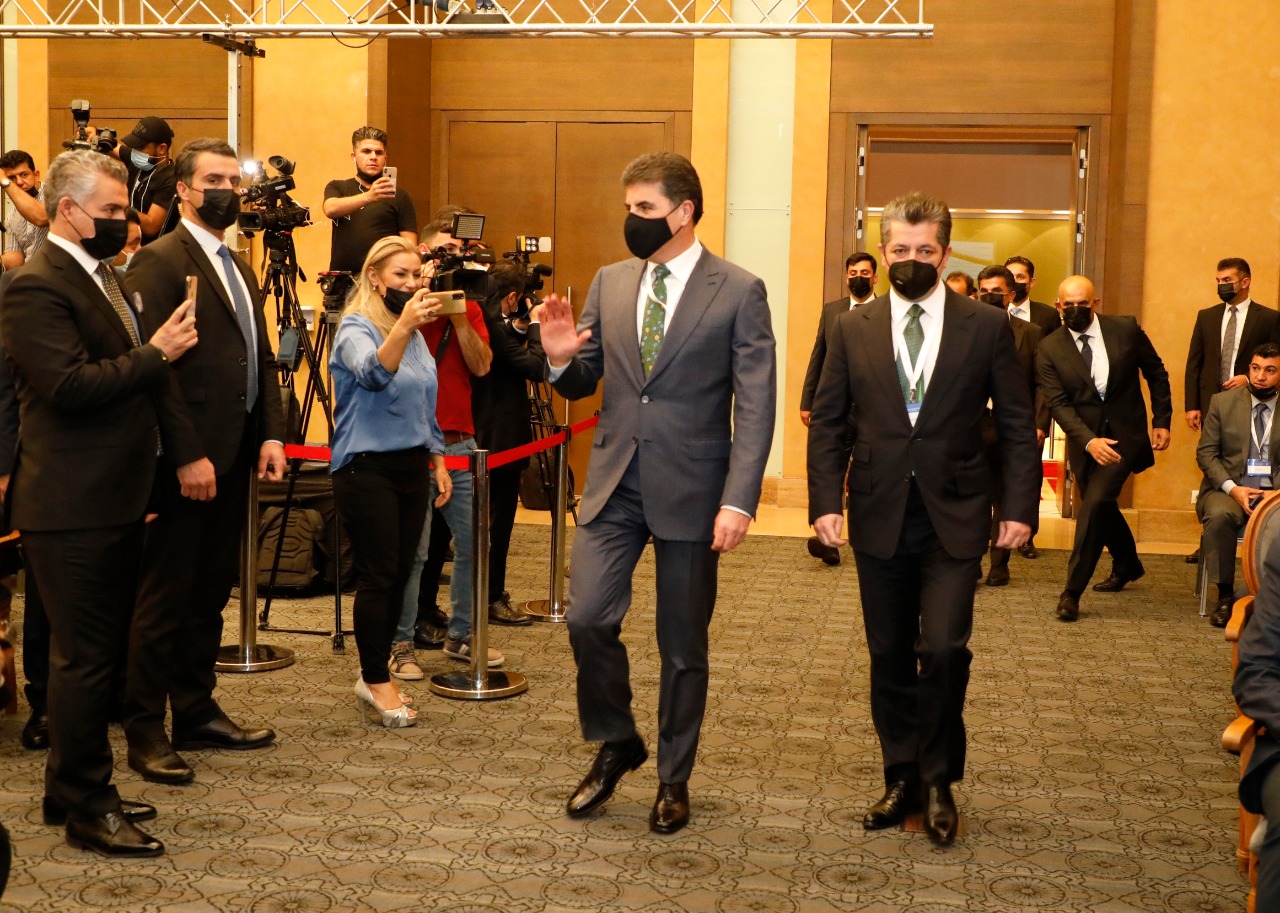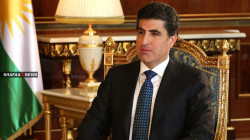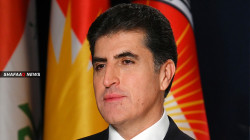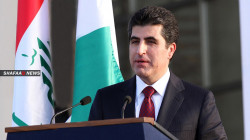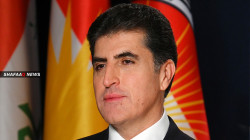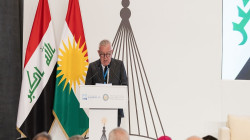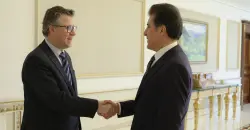How did the big players in Kurdistan respond to the "Constitution's Architect" proposal?
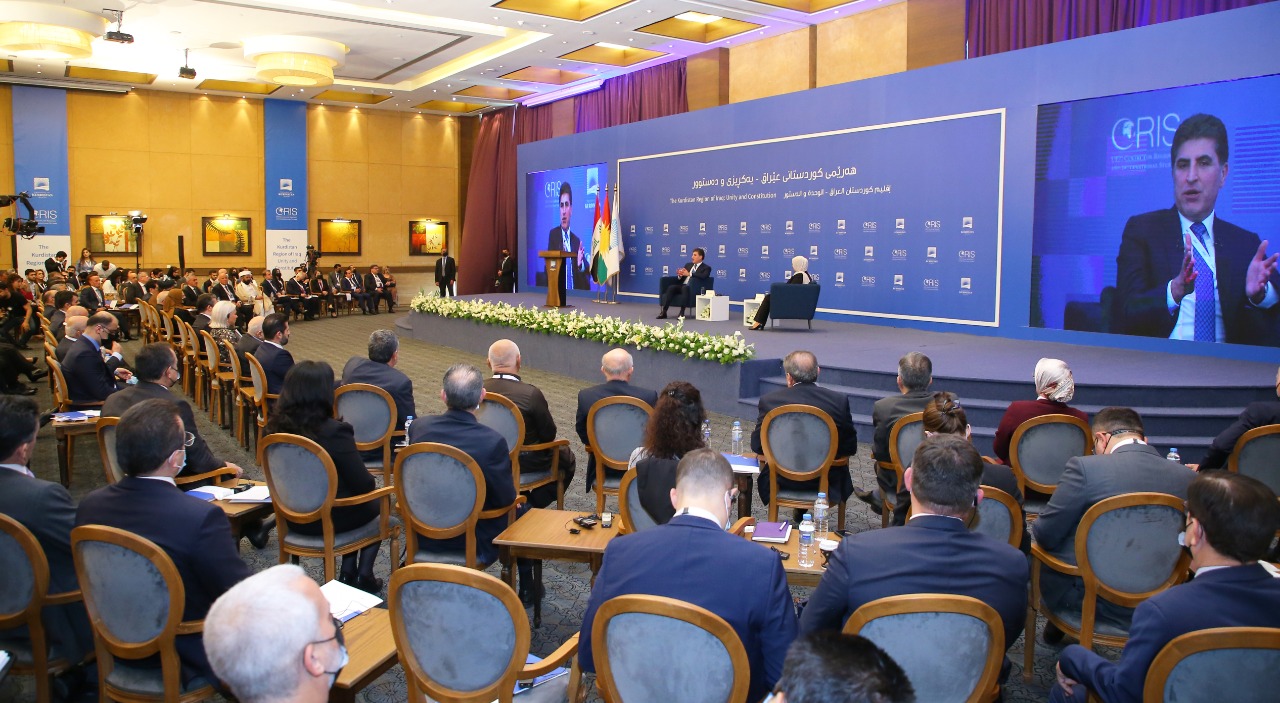
Shafaq News/ Once again, the President of Kurdistan, Nechirvan Barzani, ruffles the feathers and steers the wheel towards enacting a charter of the Region that organizes the political, economic, and security process in the Kurdish entity and putting an end to the disputes between the different poles.
The capital of the Kurdistan Region, Erbil, hosted today, Wednesday, the "Unity and Constitution" conference in the halls of the Kurdistan University-Erbil. The conference witnessed active participation at various international and political levels, including the Special Representative of the UN Secretary-General in Iraq, Jeanine Hennis-Plasschaert, and three presidencies of the Region, Kurdistan's president Nechirvan Barzani, Kurdistan's Regional Prime Minister Masrour Barzani, and Speaker of Parliament Ryewaz Faiaq.
Nechirvan Barzani, the godfather or preferably the "architect" of Kurdistan's new Constitution, held a round of talks with Kurdistan's parties' heads and leaders prior to the event, hoping to achieve unity and finalize before submitting it to parliament for ratification.
The Constitution's goals
Four years after the independence referendum, the organization of Kurdistan's political governance seems to be the main concern of Nechirvan Barzani. He is always seeking to sustain the rule of law in all of Kurdistan and promote safety in the Region, as he noted in his speech at the event, pledging to enact a constitution that revives the hope of all Kurds.
The timing of the proposal can be traced back to a wide array of developments in the Region at various levels, which, according to Barzani, stems from the unity of the political forces and the support of the Kurdish people.
"There are many components in Iraq and Kurdistan, and we do not ascribe them as minorities because the beauty of the Region lies in the mosaic it includes," he added, "The beauty of Kurdistan lies in the presence of those components, and the constitution must give assurances to them."
"The Constitution is for all of Kurdistan's people and not for a party, component, or a sect. Therefore, it must be a reflection of all," President Barzani said.
Kurdistan's Prime Minister, Masrour Barzani, called to respect the rights of the individual and the majority in the Region while drafting the Constitution. At the same time, Nechirvan Barzani said that would not happen as long as there was movement in two different directions, referring to other Kurdish parties.
Mixed opinions
Although the Conference "Unity and Constitution" hosted leaders of major and influential parties in Kurdistan, explored their views on the subject and the preparations ahead of the adoption of the Constitution, and although the leaders and representatives of Kurdistan's five parties unanimously agreed on the need for unity of all political forces to proceed with the Constitution drafting, their opinions diverged upon the mechanism put forward for this movement.
Among those views, the General Coordinator, Omar Sayyid Ali, wondered, "where do we get unity from if we have two administrations, two Peshmerga forces, two Asayish forces, and two finance organizations? Everything we have is divided into two," in reference to the two main parties in the Region, the Kurdistan Democratic Party (KDP) and the Patriotic Union of Kurdistan (PUK).
The leader of the Kurdistan Justice Group (formerly Known as the Kurdistan Islamic Group), Ali Bapir, said, "We shall achieve justice before. After that, we can achieve unity. Unity allows us to formulate a good constitution."
He added, "fifteen years have passed since drafting the Iraqi Constitution. Until the moment, we still have no constitution because we think in a narrow scope. We took the partisan affiliation as a criterion."
The co-chair of the PUK, Pafel Talabani, said, "We must reconcile with our people, and then unity will be achieved."
Ending the Differences Initiative
During the conference, Kurdistan Regional Parliament Speaker, Rewaz Faiaq called on President Nechirvan Barzani to endorse an initiative to hold conferences addressing the contentious issues in Kurdistan and Iraq in all the universities.
Faiaq noted that the lack of a constitution in Kurdistan has to do with internal differences, "A special committee must be formed to draft the constitution."
For her part, the UN Secretary-General's special representative in Iraq, Jeanine Hennis-Plasschaert, called the adoption of Kurdistan's Constitution a force factor for all of Iraq, "The federal system is the system at hand and it must benefit all components."
She indicated that there is a good development in Kurdistan to address all the Region suffering from. "A strong Kurdistan is needed not only at the level of Iraq, but also at the level of the entire region."
